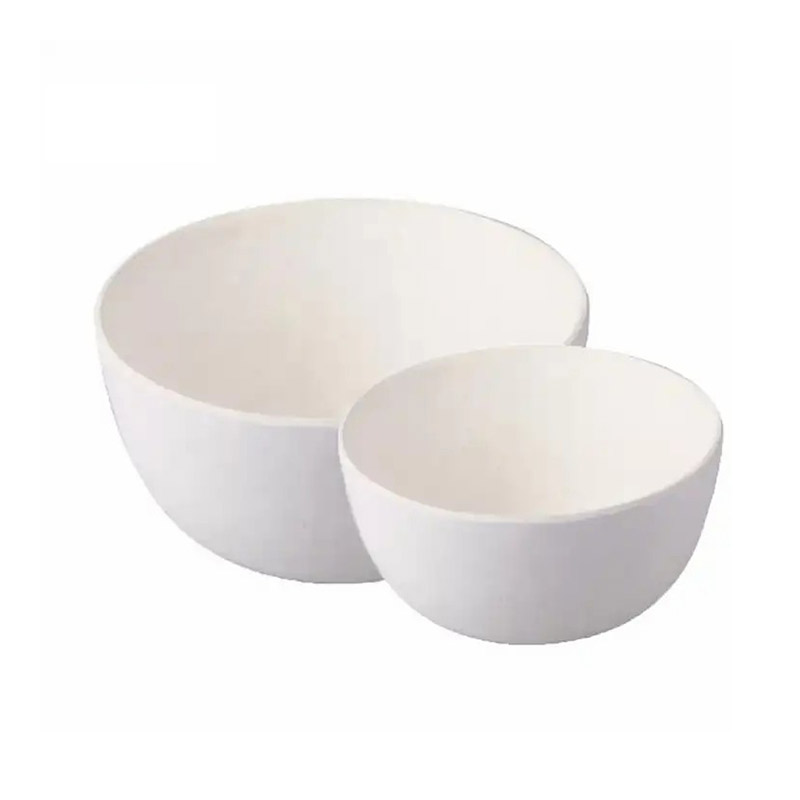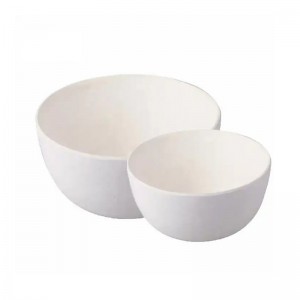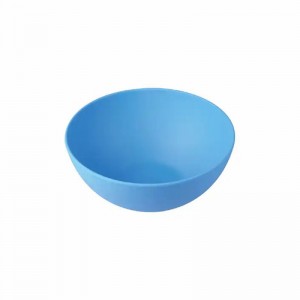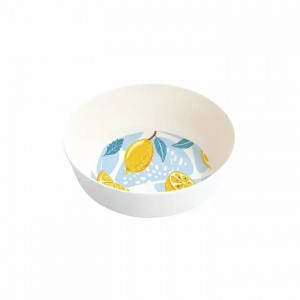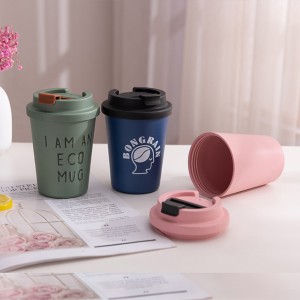RPET plastic kitchen pla salad bowl Hot sale wholesale white food rice husk corn starch
Essential Details
Dinnerware Type: Bowls
Technique: Hydroforming
Occasion: Giveaways
Design Style: CLASSIC
Quantity: 1
Material: PLA
Feature: Sustainable, 100% Biodegradable
Place of Origin: China
Model Number: MX80061
Product name: pla salad bowl
Size: Custom Size Accepted
Logo: Customized Logo Acceptable
Advantage: Eco-Friendly.Safety.durable
Payment: T/T 30% Deposit / 70%
MOQ: 1000 Pcs
Sample: Avialable
Packing: Inner Box + Outer Carton
Certification: LFGB
WHY RPET?
The growing production and consumption of plastic products are posing a massive threat to the environment. Plastic is not biodegradable and, once disposed of, can linger in landfills and oceans for centuries. This situation has led to the demand for more eco-friendly alternatives that can reduce the impact of plastic on the environment.
One alternative solution that has gained immense popularity in recent years is RPET. RPET stands for recycled polyethylene terephthalate, and it is a type of plastic made from recycled PET bottles and containers. This alternative can help reduce plastic waste while also decreasing the need for virgin plastic production.
The process of manufacturing RPET begins by collecting used PET containers like plastic bottles, food containers, and other products made of PET. These containers are then recycled to make RPET by removing impurities such as labels, caps, and other contaminants.
RPET production has been encouraged in many countries as it has numerous benefits, both environmental and economic. One significant benefit is the reduction of carbon emissions as recycling a ton of PET saves 3.8 barrels of oil, which is required to manufacture virgin resin. This reduction in CO2 emissions can contribute to the global fight against climate change.
Additionally, RPET provides a sustainable solution to single-use plastic, which is responsible for a significant proportion of plastic waste globally. As more companies adopt this alternative, there is likely to be a significant impact on the amount of plastic ending up in landfills and oceans.
One company that has taken the initiative to incorporate RPET into their production process is Nike. The sportswear giant has partnered with Taiwanese manufacturer Far Eastern New Century Corp. to produce recycled polyester materials made from plastic bottles. Nike plans to use RPET in at least 50% of its products by 2030, and this initiative is a welcome development towards sustainable manufacturing.
However, while the production of RPET presents a sustainable solution to plastic waste, it is not without its challenges. One of the significant challenges of RPET production is the sorting process. PET containers made with different resins or inks can contaminate the recycling stream, making it harder to maintain the quality of recycled materials. This can lead to lower yields, higher costs, and inconsistencies in the final product.
Additionally, the demand for RPET has to keep up with the supply of recycled PET bottles and containers. This implies that more awareness and sensitization programs need to be conducted amongst the general public, resulting in higher recycling rates and a more stable supply chain.
In conclusion, RPET provides a sustainable solution for single-use plastic waste and can significantly reduce the negative impact of plastics on the environment. The production and adoption of eco-friendly alternatives like rPET in manufacturing processes should be encouraged by all stakeholders. It is essential to note that while RPET presents numerous benefits, more work needs to be done in ensuring a smooth supply chain and encouraging recycling rates to meet the demand.
Packaging & delivery
Selling Units:
Single item
Single package size:
25X25X15 cm
Single gross weight:
1.500 kg
Package Type:
display box+master carton
Lead time:
| Quantity(pieces) | 1 - 1000 | 1001 - 3000 | 3001 - 10000 | >10000 |
| Lead time (days) | 15 | 35 | 35 | To be negotiated |

